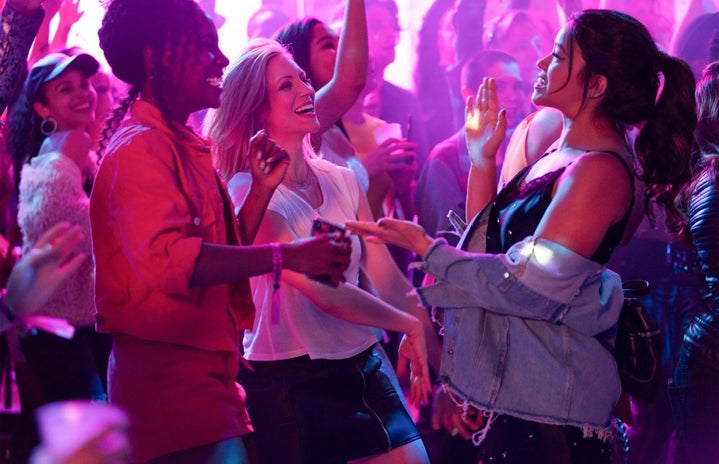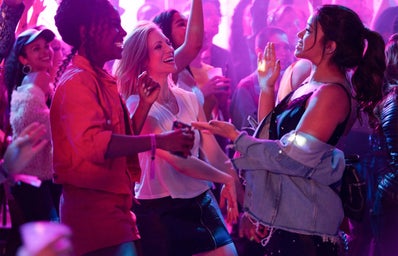Why can’t you be both?
I know this title may seem a bit loaded, but I think it’s only fair to address the elephant in the room. Men and women alike are constantly categorized and grouped into boxes based on their habits, hobbies, and interests, especially in college. College is a transitional phase for all of us. It’s a time when we’re trying new things and figuring out who we want to be. So how is it fair for students, especially women, to be unwittingly categorized into one of these two stereotypes based on only a few actions, rather than the entirety of their character?
Some of these harmful preconceived notions include viewing women who prioritize academics and read for pleasure as nerdy bookworms that are introverted “squares,” focused solely on their studies. But wait, it gets better. This stereotype can’t exist without its polar opposite counterpart: the party girl, which consists of the ditzy, down-for-anything, social butterfly that only cares about where her friends and alcohol are. If you’re a woman and you’re reading this, I’m sure that this is not the first you’re hearing of these stereotypes, it’s definitely not my first time either (although I will admit that it still stings to read as I write this). These categorizations leave us with no wiggle room to just exist as is and have become a slippery slope.
You’re either painfully boring and awkward, or you’re too much to handle and prioritize the bar over graduating.
Newsflash! Women are multidimensional and should be able to do whatever they please without worrying about how one hobby or outing may result in harmful stereotyping that diminishes their personalities into nothing but a cliché one-word title. For all anybody knows, the “square and scholarly” bookworm may have a large friend group and loves to dress up, go out to dive bars, get embarrassingly drunk, and line dance on the weekends. Perhaps the “extroverted and ditzy” party girl is actually ranked at the top of her class, studies biochemistry, and just finished an internship at Pfizer this summer.
With movies like Barbie and influencers like Alix Earle on the rise, the multidimensionality of women is becoming more and more publicized (I, for one, am baffled that it’s taken us this long). Barbie received mixed reviews, but one thing can be said about the film’s depiction of its characters. It portrayed the Barbies as deep, complex, and talented individuals, each in their own right. It highlighted what it means to be a woman in a world where you’re constantly being told who you are, and what it’s like to be a part of a community of women that share similar experiences.
TikTok influencer Alix Earle is a great example of the multidimensionality of women. Earle gained traction in December 2022, with her Tiktok followers now skyrocketing to more than 5.8 million for her infamous “Get Ready with Me” videos, where she films herself doing her makeup, hair, and picking an outfit to attend events. At first, many people on the internet chose to group her into the box of ditzy “party girl” influencers because her content revolves around the “party girl” lifestyle. These stereotypes were thrust upon her without realizing that while providing her viewers with content that sells (i.e. traveling the world and filming brand deals), she was also studying, taking exams, and finishing her Bachelor’s degree in Marketing at the University of Miami. Many diminished her capabilities due to their preconceived notions, saying she would likely drop out of school upon becoming famous and making substantial money, and yet she graduated with UMiami’s class of 2023 just like she said she would.
So, why am I explaining all of this to you?
You’ve probably already heard an earful of these stereotypes in high school and college as it is. Well, the reason is simple. To reassure and demonstrate that women can be both. The motto “work hard, play hard” didn’t gain its notoriety for being wrong. Women can be many things outside of these archaic stereotypes. In fact, we are not limited to those two stereotypes alone. It’s hard to feel valid and seen when the inner workings of your entire personality have already been decided for you, but I’m here to tell you that one thing does not have to exist without the other if you don’t want it to. Maybe you’re comfortable with being just one thing, and that’s okay too. We’re all different, and that individuality is something to be celebrated. Once we collectively become aware that it is okay to be whoever we want to be, and that there is more to women than what meets the eye, then we can teach others about how important it is to acknowledge and accept it.


